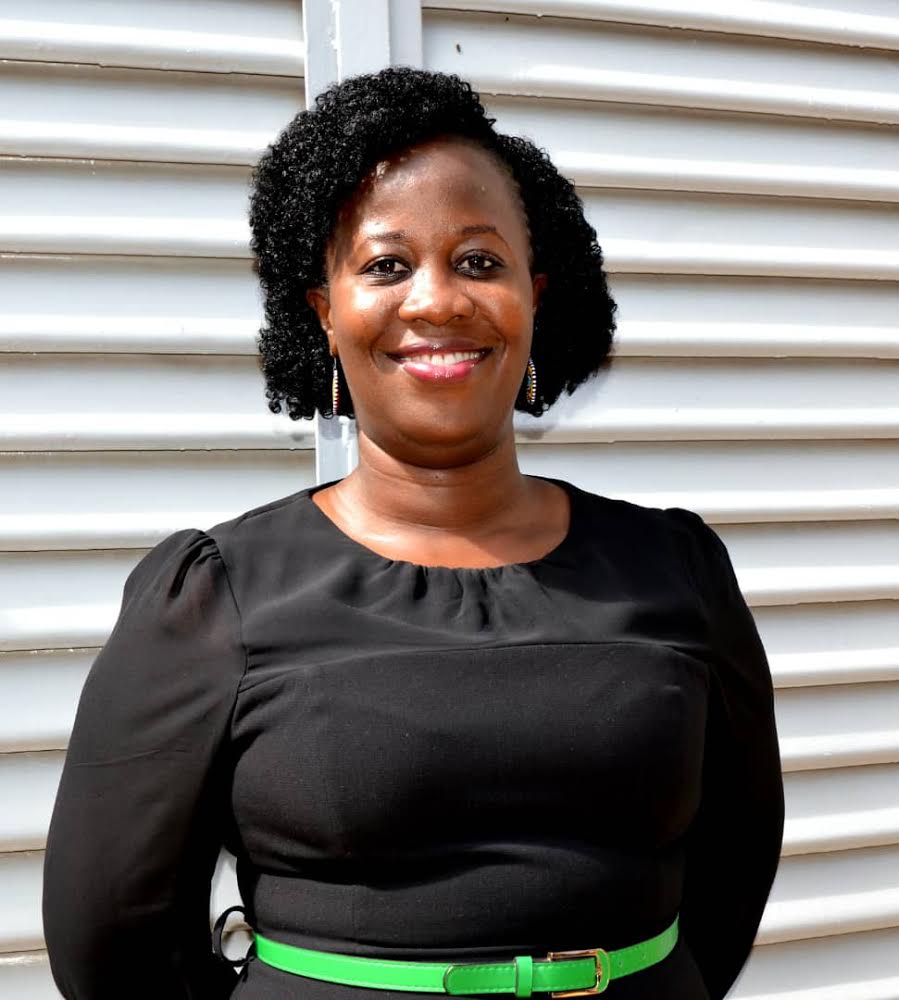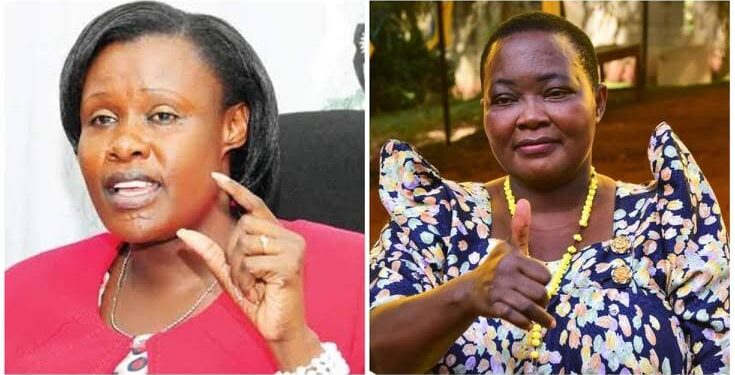By: Elizabeth Ampairwe
The recent appointment of Katakwi district women representative Maj. (retired) Jessica Alupo as Vice President and Kakumiro district women representative Robinah Nabbanja as Prime Minister are developments that augur well with the struggle for effective women participation in leadership in Uganda. As a pacesetter in promoting gender equality and women’s leadership in the country, we at the Forum for Women in Democracy (FOWODE) could never be more elated by women’s representation in the new cabinet. Besides the vice president and prime minister, the president also appointed the immediate former Speaker of Parliament, Rt. Hon. Rebecca Kadaga as the first Deputy Prime Minister and Minister for East African Community Affairs. Other ‘powerful’ ministries such as education and sports, energy and mineral development, office of the presidency, gender, labour and social development, among others, went to our country’s women.
We do not take this progress for granted especially considering the fact that only 40 years ago, government of Uganda had so single woman in cabinet, there was only one woman in parliament and no female judge. That we have reached a point in under 50 years when a woman is almost close to the presidency of our nation, is a big vote of confidence in the women’s movement. It is an important milestone for which we, who are carrying on the mantle from those that were active in this space such as Rhoda Kalema, Joyce Mpanga, among others, should be proud of. We also salute the leadership of the country for standing up to be counted and being progressive in this regard.
Alupo and Nabbanja will be at the helm of a cabinet in which women will have a sizeable representation of 46%. Female Ministers increased from 26 in the last Cabinet to 27. In the struggle for the advancement of women participation in the democratisation process and women’s economic empowerment, this is a step in the right direction.
It goes without saying that for us to build a sustainable democracy, equitable participation of women in leadership and decision making processes is essential. We must put a stop to a political structure that is male-dominated and live true to the aspirations of the 1995 Constitution of Uganda whose framers expressly provided for affirmative action as a curative solution to the historical injustice women have suffered in this society.
Historically in Uganda, women have always been less represented in cabinet and when they have been given positions, they have been relegated to “feminine” or “soft” ministries with little impact on the strategic policy direction of the country.
However, with appointment of women to crucial portfolios like the Vice Presidency, Premiership, Health, Education, Energy, Lands and Gender-it is my hope that they can make use of these privilegedpositions to initiate policies that promote women’s socio-economic empowerment.
These female ministers should work to influence processes that support gender-responsive democratic governance.
For the last 26 years, FOWODE has been working towards nurturing a supportive environment for women to thrive in leadership by engaging communities to address patriarchal cultural and traditional stereotypes that inhibit women from achieving their full potential.
The increase in women representation in cabinet is laudable because it will inevitably inspire more women to participate in politics. Gender inclusion in the democratisation process remains a huge challenge and any step that helps that cause has to be celebrated.
Women’s active participation in politics has policy benefits. If, for instance, a country is to have budgeting processes that are gender-sensitive, it is important to have women in positions where budgetallocation decisions are made.
Effective female representation has positive impacts on the budgeting process while also inspiring other women to compete for elective positions. The number of women contesting for directly elected Parliamentary and Local Council seats has always been low. It is our hope that such appointments can inspire more women to rise up and aspire for direct seats because this is the only pathway to attaining parity in leadership.
According to the Inter-Parliamentary Union, the average percentage of women in the legislature and local government in Africa typically ranges from (24%-25%) while the percentage of ministers in democracies is 25%.
Uganda has been privileged to have an active women’s movement that has steered through the tumultuous nature of our political landscape and managed to make some gains. Since 1986, the Women’s Movement in Uganda has successfully pushed for increase in female political representation. Crucial pro-women legal reforms have also been won.
Therefore, we welcome these appointments because we are alive to the fact that without representation of women in decision making positions, achieving participatory and inclusive socio-economic development will remain a mirage.
However, fundamentally, what we believe will largely turn around the fortunes of our women is for the executive to support these female ministerial appointees in ensuring that they work towards the advancement of women and girls’ priorities.

Elizabeth Ampairwe is the Director of Programs at the Forum for Women in Democracy (FOWODE).


